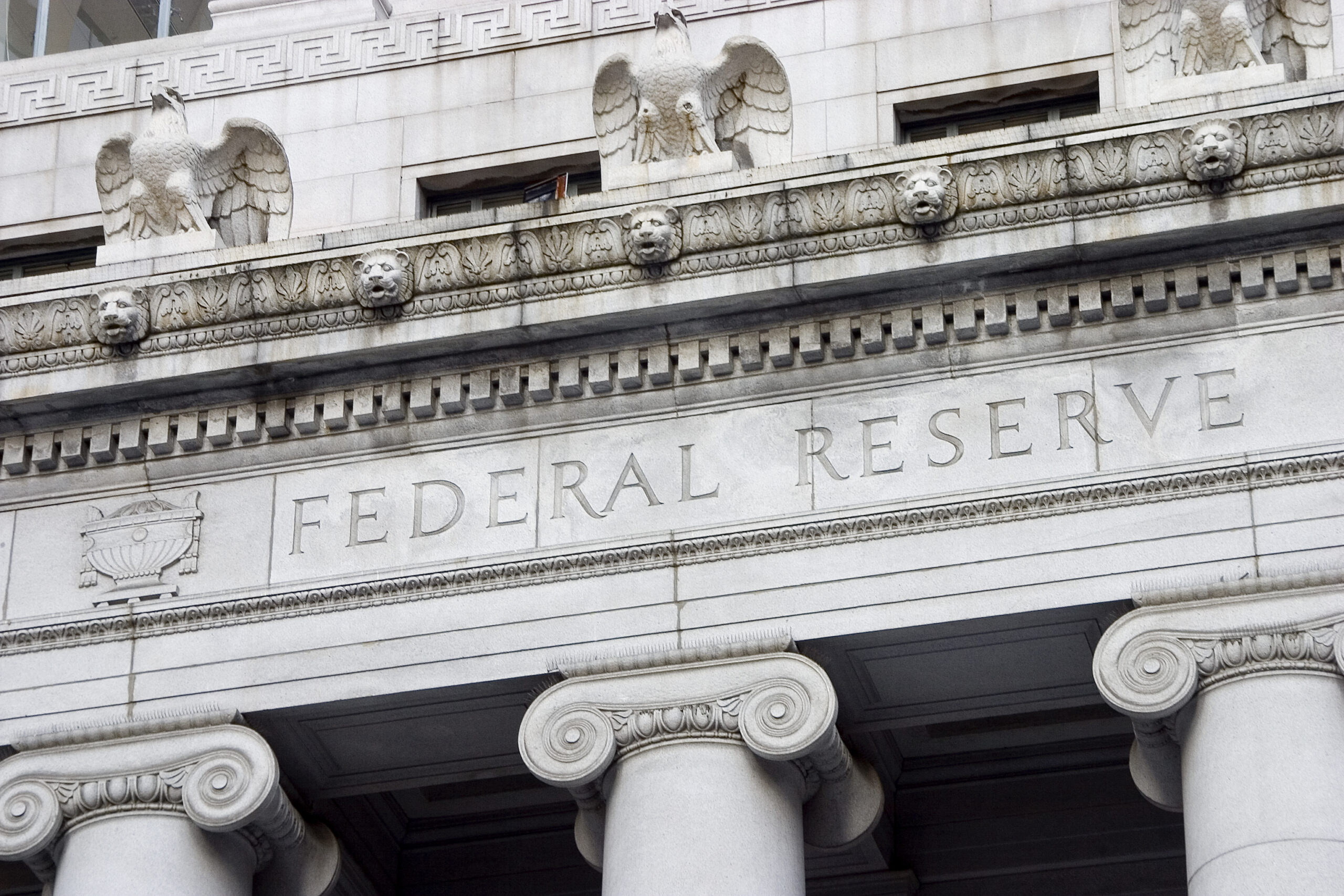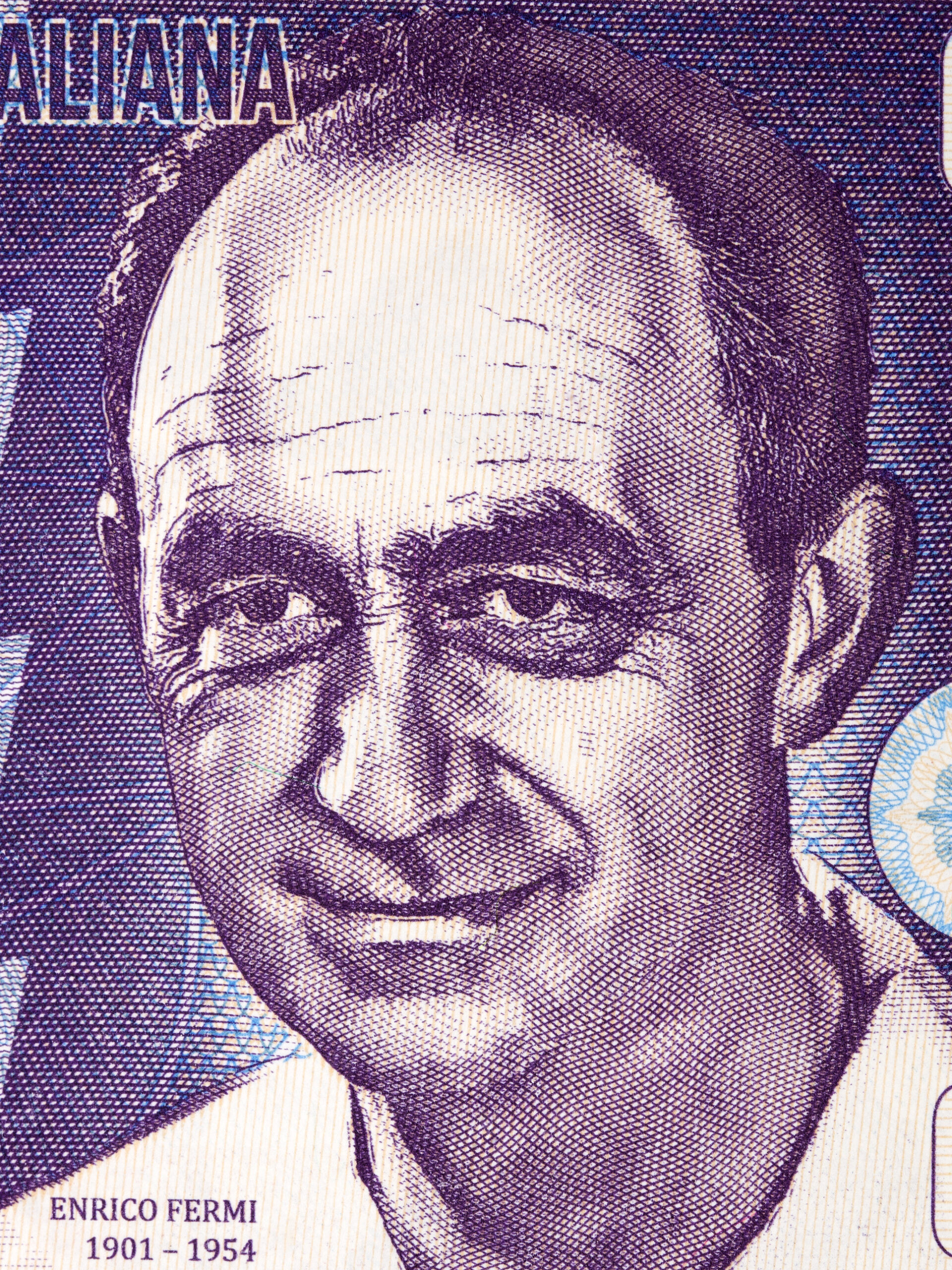Does the book by Amos Tversky and Daniel Kahneman, “Thinking, Fast and Slow,” highlight the fundamental flaw in AI?
The definition of heuristic (a key Tversky Kahneman topic) is, paraphrasing, pragmatic problem-solving, subject to vagary and error. One could say that eliminating vagary and error in decision-making is the goal of AI. But would our ability to problem-solve then collapse?
Take for instance TTD, which popped 15% premarket yesterday before closing up 6.6% on word it will replace ANSS in the S&P 500 Friday.
(SNPS is acquiring ANSS, and the two will have a combined $120 billion of market cap, landing them among the 130 or so with market cap over $100 billion – 70% of the total.)
Why would TTD jump? Because Passives have the money, yes. It’s why every public company should have a strategy for attracting and keeping Passive money. You can’t control whether you’re added to an index. You CAN control whether you look like a stock Passives should buy.
Want to know more? Ask us.
But that alone isn’t the reason. Options expire today (VIX), tomorrow (index options) and Friday (stock options). Machines can chase the price of underlying stocks like TTD up or down into expirations to profit on associated stock and index options.
This is what Jane Street was doing in India, which I wrote about last week. There’s nothing wrong with it per se. But it’s how the US market works too. It’s arbitrage.
It’s why the market shows both a propensity to rise and to dissipate its volatility. Ironically, the only way to understand what’s occurring is via heuristics that cross the intuitive and rational chasm.
My high school shop teacher used to say, “Good enough for government work,” meaning precision was less a priority than conclusion. Machines choke on that…heuristic.
When I hear a CEO like Coreweave’s talking about how “the market is recognizing” whatever it is they’re doing, I wince. The market doesn’t “recognize” much. In the last 200 days, Active money has declined from 9.8% of S&P 500 volume, to 9.6%.
Over that time, Passive money has risen from 24.6% to 26.6% of volume. And trades tied to derivatives, a product of ETFs, have risen from 19.3% of volume to 19.8%.
There’s not a flood of money into the stock market. There’s a slow relentless bleed behind the rise since April. And it’s not rational, not a heuristic endeavor. It’s model-driven, emphasizing leverage into the direction. And now machines don’t know what to do with inflation data, trade wars, earnings. Is that good or bad?
Do you know that SPY has closed below its intraday midpoint just twice since June 23, the last time new options traded? Buying has outpaced selling by 86%.
Over that time, volatility in SPY has averaged 0.6%, half the 200-day average. Simple reason.
If money is flowing into ETFs, market-makers like Jane Street casually cross the spread between the lower bid to buy and the higher offer to sell to match the trade, paying sellers slightly less then they’re asking, selling to buyers for slightly more than they want to pay. The difference is sub-pennies per share. Billions of dollars.
Result? Prices rise and close over the midpoint and volatility subsides to a gentle tidal slosh. But that’s not rational, the heuristic imperfection of thinking fast and slow. It’s models and machines.
To understand what might cause the market to stop doing those things must necessarily then be predicated on the mechanics of this relationship.
And it’s so simple that only AI would miss it. On Feb 14, the spread dropped to 0.31%. By Feb 21 exiting expirations, it was 1.81% (500% higher) and rose to 2.99% by Mar 3. The market imploded.
The absence of volatility is the thing that causes Jane Street to stop crossing the spread. When there’s nothing to cross, half the prices disappear, volatility explodes, prices plunge. And the decline devolves into an event if volatility sidelines Passive money.
These are the things we think about, heuristically. Yes, you want to dampen volatility. We teach companies how. Because that’s what Passive money buys – dampened volatility. Consider the data I just shared. It’s proof.
But in the broad market, you must realize the condition that precedes sudden drops.
And it’s earnings season now. A bunch of companies are going to tromp through the market’s grapes and turn them to wrath by introducing volatility right in the middle of options-expirations.
It may derail price-setting by Jane Street and demolish that steady drip from Passives that all public companies need, the drug of the stock market.
Public companies should not report results during expirations. I don’t understand why the world’s most sophisticated bank and the largest counterparty in the world, JP Morgan, does it. Maybe they’re so big it doesn’t matter.
But investors won’t reward JPM’s good results because the bank is ignoring the very thing that its own actions – becoming a big Passive investor – signal: Money buys products, not stories.
This is the problem with AI. Tversky and Kahneman highlighted the flaws, heuristics, in human decision-making. Now we’re going to take those flaws and feed them into machines we create that don’t think fast and slow, in pursuit of a sifted purity. Okay.
Lesson? Know how the market works and what the money is doing so you can control what’s controllable. We can help you do that, public companies. You too, investors (join our live Discussion Jul 17). AI may be incapable of the very human propensity toward heuristics.





